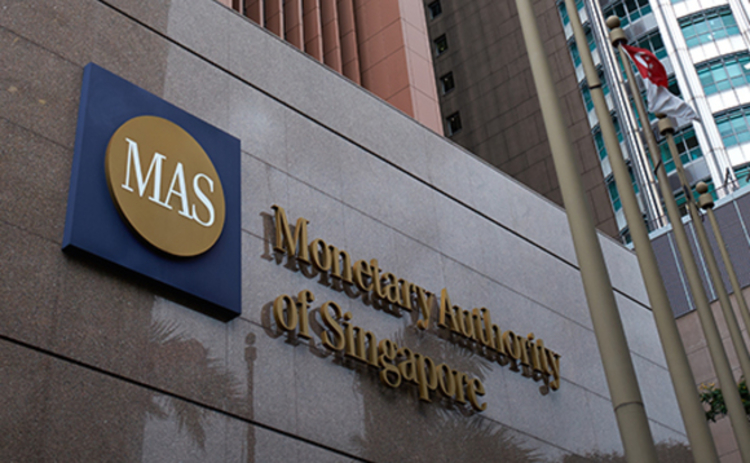Table of Contents
Singapore is once again tightening its grip on crypto, with the Monetary Authority of Singapore (MAS) proposing a new set of rules that will further curtail the activities of retail investors in the cryptocurrency markets.
In August, MAS chairman Ravi Menon said that the regulator is contemplating “adding friction” on retail access to cryptocurrencies as retail investors remain “irrationally oblivious” of the speculative nature of crypto.
True to their word, the MAS released a consultation paper on Wednesday, detailing a number of proposed measures including testing a customer’s understanding of the possible risks of crypto trading, and preventing DPT (digital payment token) providers or crypto exchanges from allowing retail investors to borrow money or use a credit card to purchase crypto.
Seemingly spooked by the recent collapses of crypto hedge fund Three Arrows Capital (3AC) and Singapore-based lending platform Hodlnaut, the MAS has also proposed that companies licensed under the Payment Services Act be banned from lending retail investors’ DPTs (whether for staking purposes in a DeFi protocol or to another crypto company), in what is likely an attempt to further shield retail investors from major fallouts in the future.

Balancing regulation and innovation
Singapore was once touted as among the most crypto-friendly nations, but has seen its lustre fade amid the rise of rival crypto hubs like the UAE, where Singapore crypto exchange Bybit recently said it will open its global headquarters, whilst Crypto.com also announced it would build a regional hub there. Market leaders FTX and Binance have also set up shop in the gulf nation.
“Singapore’s moves today reflect the latest steps in their ongoing effort to ensure retail consumers are protected from risks arising in crypto, while emphasizing the important benefits of the innovation being seen in the digital asset ecosystem,” Caroline Malcolm, head of international public policy and research at Chainalysis, told Blockhead.
“As the economic situation globally continues to face uncertainty, it will be important to ensure that policy responses strike a balance between protection from risks and access to opportunities,” Malcolm added.
The MAS proposal, while understandable considering the recent string of unfortunate events in the crypto industry, could diminish Singapore’s status as an innovation hub.
“Singapore is widely regarded as a well developed and mature ecosystem for fintech and crypto. Having said that, it is also important to keep in mind that any measures proposed need to ensure they provide an overall structure or framework for retail to participate in a safe and trusted manner,” Vijay Ayyar, VP of corporate development and global expansion at crypto exchange Luno, told Blockhead.
“In general, any measures that over-regulate would unintentionally discourage the development of a growing market such as crypto,” he added
Ayyar also said that it would be “premature” to comment on how the proposed measures would impact exchanges.
The proposed measures would also mean that retail investors have less access to investment instruments within regulated and/or centralised service providers, which might lead them to try the real “wild west” of crypto – decentralised and actually borderless services which are easily accessible but also lack accountability. It should also be noted that many retail investors in Singapore are already using exchanges which have not yet been licensed by the MAS, such as FTX and Binance.
For Adrian Przelozny, CEO and co-founder of Australia-based and MAS-licensed crypto exchange Independent Reserve, the best way to protect investors is to allow regulated exchanges operating in conformity with the MAS’ rules to communicate with retail investors.
“They are probably going to invest anyways, and I think it’s in everyone’s best interest to invest on a regulated platform,” Przelozny told Blockhead in a video interview prior to the release of the proposal.










